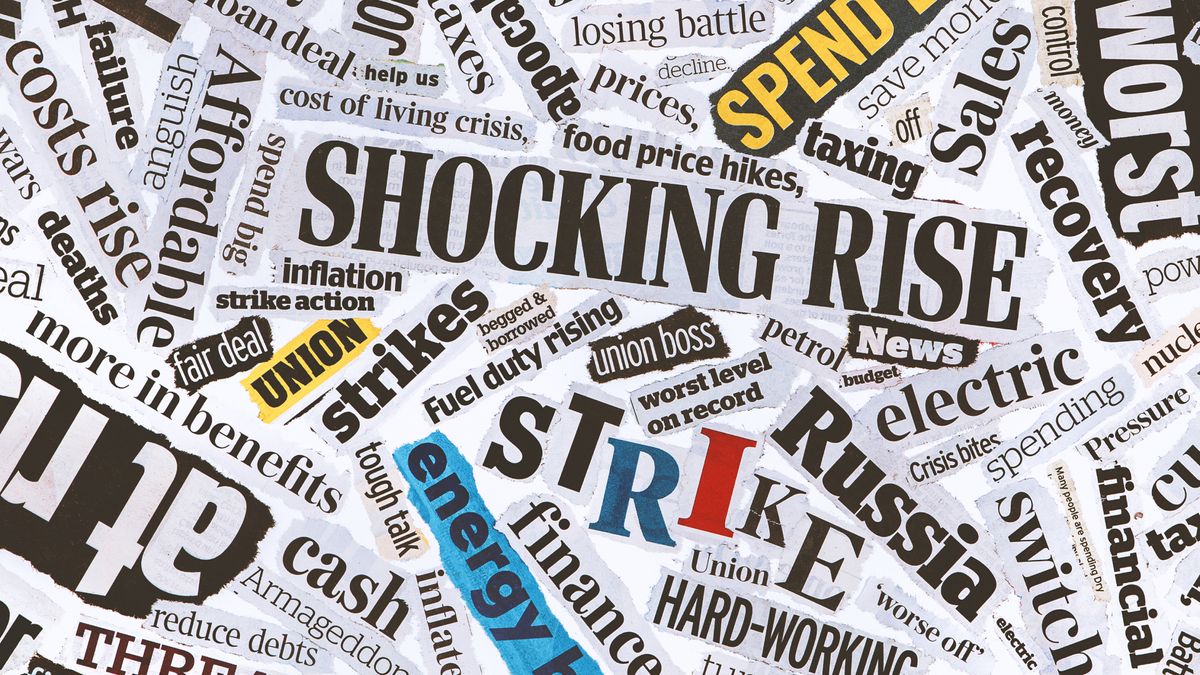Russian President Vladimir Putin is preparing to squeeze Russia’s wealthy elite to fund a future conflict with NATO, a think tank said.The Institute for the Study of War, a US think tank, drew attention to two recent speeches where Putin voiced rare criticism of the rich loyalists who’ve been the backbone of his power.In a March 19 meeting with leaders from Russia’s lower parliament, the Duma, Putin set out the priorities for his new term in office.He urged officials to “act in the interest of the state instead of corporations or parties.”The remarks could be seen as a thinly veiled swipe at the widespread corruption that characterizes modern Russia (and from which, Putin’s critics allege, he too has handsomely benefited.)In similar remarks given around a month before to Russia’s Federation Council, Putin said that “individuals who ‘lined their pockets’ in the 1990s” — who are among its current crop of oligarchs — are not the real elite.The actual elite, he said, “are workers and military servicemen who proved their loyalty to Russia.”The ISW said that the remarks indicated that Putin is sending a warning shot to the so-called “siloviki,” the wealthy ex-security officials who form an important part of his power base.Taken together, the remarks pick away at the longstanding implicit bargain analysts say Putin struck with the country’s wealthy, agreeing to leave their riches untouched in exchange for political support.The ISW said Putin was changing tack, “signaling that Russia’s long-term financial stability will require imposing at least some pain on some wealthy industrialist siloviki,” it said.Putin appears to be willing to risk his accord with his wealthy backers to boost preparations “for a potential future large-scale conflict with NATO,” said the ISW.
The report comes after a series of warnings from Western leaders that Putin might be preparing for the possibility of a war with the West.Denmark’s defense minister warned it could come in as little as five years.The NATO alliance has provided Ukraine with crucial support in fighting the Russian invasion, and Putin has repeatedly menaced the alliance with the prospect of nuclear war.Analysts say that the Russian president has long harbored ambitions to seize back control of territory in northern and eastern Europe that were once part of the Soviet Union, and that victory in Ukraine could embolden him.But fulfilling that ambition would not come cheap.Who are the Siloviki?When Putin came to power in 1999, he moved to punish some who had grown wealthy during the liberalization of Russia in the 1990s .Specifically, he took on those who challenged him, such as oil magnate Mikhail Khodorkovsky.A new faction expanded their power under Putin, the “siloviki,” who are often ex-security officials and form a crucial part of his power base.Some were handed control over state energy companies and corporations in an apparent exchange for their loyalty, becoming vastly wealthy.The US sought to undermine Putin’s power by targeting the assets of Russia’s wealthy loyalists in a series of sanctions in the wake of the Ukraine war.But the Russian economy has managed to withstand the worst effects of the fallout from the Ukraine war, and the loyalty of Putin’s wealthy backers has mostly held firm.Some members of the Russian business elite were critical of the Ukraine war, fearing the effects on Russia’s economy and society. But, The Guardian reported, many have since resigned themselves to the war, and Putin’s continued rule.And it’s not just Putin’s willingness to shake up his relationship with his wealthy loyalists that indicates his willingness to rapidly expand Russia’s military.Sergey Shoigu, Russia’s defense minister, announced plans Wednesday to massively expand Russia’s armed forces by creating two new armies.Analysts say that Russia is also expanding its military presence in Russia’s northwest, near the borders with NATO’s Baltic allies.”Several Russian financial, economic, and military indicators suggest that Russia is preparing for a large-scale conventional conflict with NATO, not imminently but likely on a shorter timeline than what some Western analysts have initially posited,” concluded the ISW





